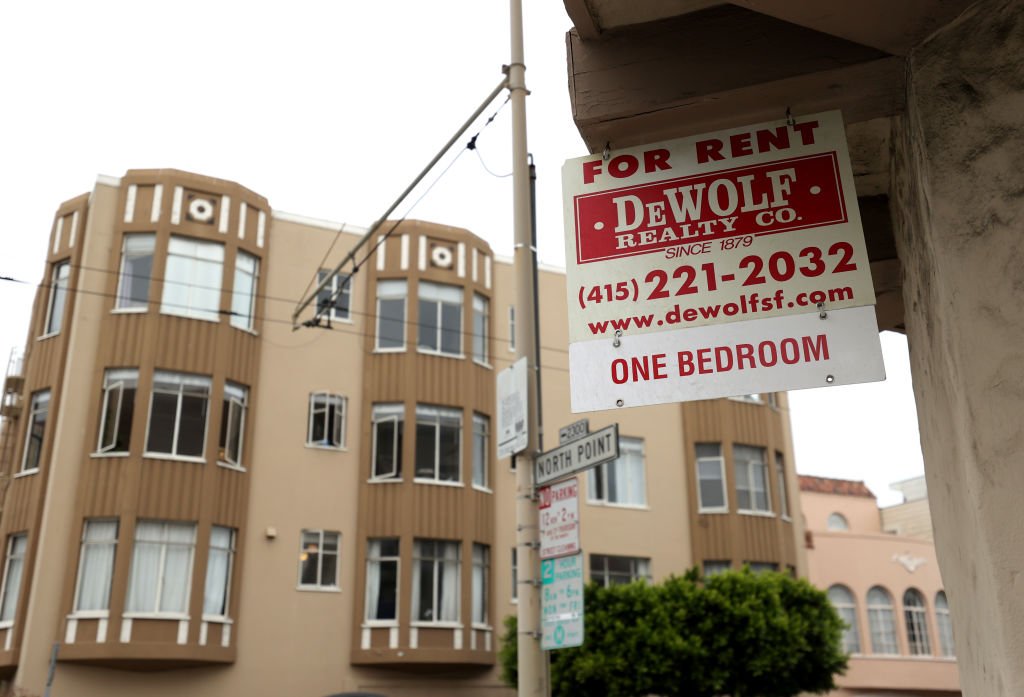2020 Elections
Proposition 21 Meets the Same Fate as Past Rent Control Initiatives
Rent control polls well among Californians, but statewide and local initiatives were no match for an avalanche of real estate industry cash.

Californians decisively rejected rent control measures – statewide and in Burbank and Sacramento — on Election Day. Culver City voters opted to preserve their recently adopted rent control measure.
Proposition 21, which would have allowed cities to widen and toughen local laws, was trounced by a 60%-40% margin.
Co-published by L.A. Taco
“Given the headwinds we faced against — some very deep-pocketed and deceitful opponents — we are disappointed, although not completely surprised, that Prop. 21 fell short at the ballot box tonight,” said René Christian Moya, Yes on 21 campaign director, in a statement.
According to a 2018 Public Policy Institute of California poll, rent control remains popular among a majority of Californians. But it has been no match for an avalanche of cash from the real estate industry aimed at quashing its expansion in the state.
Prop. 21 would have reformed the 1995 Costa-Hawkins Rental Housing Act, a real estate industry-backed law that bars vacancy control – or capping rent increases that landlords can charge new tenants. The law also exempts single family homes and condos from rent control, as well as units constructed after 1995, or after local rent control ordinances were passed, whichever is earlier. (In Los Angeles, for example, all units built after October 1978 are excluded from rent control)
The AIDS Healthcare Foundation bankrolled both Prop. 21 and a 2018 Costa-Hawkins repeal measure, Proposition 10, which was crushed at the ballot box by a nearly identical margin. The group poured $40 million into the yes campaign this year, but the real estate industry invested more than $85 million, placing Prop. 21 among the most expensive initiative campaigns in California history, according to Ballotpedia.
Tenant rights attorney Elena Popp, executive director of the L.A.-based Eviction Defense Network, said the two defeats shouldn’t dissuade advocates from proposing future statewide measures because the ability of landlords to raise rents to market rates between tenants is a powerful incentive to harass and evict tenants in rent controlled units.
“At some point, voters will get smart,” she said. “Rub those brain cells together and follow the money,” Popp said.
But Amy Schur, campaign director of the Alliance of Californians for Community Empowerment, which had co-sponsored Prop. 10, said the only way to win statewide “is going city by city and having that bottom up pressure.” This year, however, local rent control measures in Burbank and Sacramento met the same fate as Prop 21.
Apartment Association of Greater Los Angeles executive director Dan Yukelson also bemoaned the massive cash outlay: “$100 million could have been better spent providing housing,” he said.
But he also noted that had Prop. 21 passed, the industry would have showered millions more into reversing it – with court challenges and another ballot measure.
Copyright 2020 Capital & Main

-

 Column - State of InequalityJanuary 22, 2026
Column - State of InequalityJanuary 22, 2026On Eve of Strike, Kaiser Nurses Sound Alarm on Patient Care
-

 The SlickJanuary 20, 2026
The SlickJanuary 20, 2026The Rio Grande Was Once an Inviting River. It’s Now a Militarized Border.
-

 Latest NewsJanuary 21, 2026
Latest NewsJanuary 21, 2026Honduran Grandfather Who Died in ICE Custody Told Family He’d Felt Ill For Weeks
-

 The SlickJanuary 19, 2026
The SlickJanuary 19, 2026Seven Years on, New Mexico Still Hasn’t Codified Governor’s Climate Goals
-

 Latest NewsJanuary 22, 2026
Latest NewsJanuary 22, 2026‘A Fraudulent Scheme’: New Mexico Sues Texas Oil Companies for Walking Away From Their Leaking Wells
-

 The SlickJanuary 23, 2026
The SlickJanuary 23, 2026Yes, the Energy Transition Is Coming. But ‘Probably Not’ in Our Lifetime.
-

 The SlickJanuary 27, 2026
The SlickJanuary 27, 2026The One Big Beautiful Prediction: The Energy Transition Is Still Alive
-

 Column - State of InequalityJanuary 29, 2026
Column - State of InequalityJanuary 29, 2026Are California’s Billionaires Crying Wolf?

